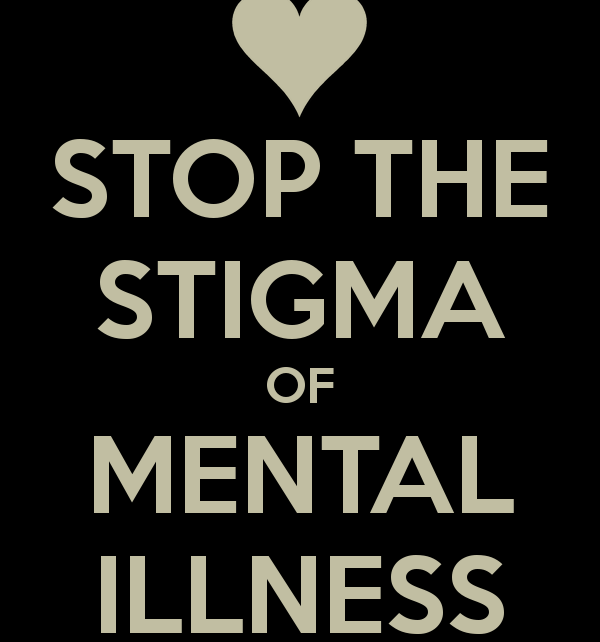It’s easy to label someone else and overlook what’s really inside. When mental illnesses are used as labels – depressed, schizophrenic, manic, or hyperactive – these labels hurt.
Using negative labels leads to branding and shame – what is called “stigma.” And stigma leads to discrimination. Everyone knows why it is wrong to discriminate against people because of their race, religion, culture, or appearance. They are less aware of how people with mental illnesses are discriminated against. Although such discrimination may not always be obvious, it exists – and it hurts.
Words Can Be Poison:
Stigma discourages people from getting help. At any given time, one in four adults and one in five children experience a mental health problem. Early and appropriate services can be the best way to prevent an illness from getting worse. Many people don’t seek such services because the don’t want to be labeled as “mentally ill” or “crazy.”
Stigma keeps people from getting good jobs and advancing in the workplace. Some employers are reluctant to hire people who have mental illnesses. Thanks to the Americans with Disabilities Act (ADA), such discrimination is illegal. But it still happens!
Stigma leads to fear, mistrust, and violence, Even though the vast majority of people who have mental illnesses are no more violent than anyone else, the average television viewer sees three people with mental illnesses each week – and most of them are portrayed as violent. Such inaccurate portrayals lead people to fear those who have mental illnesses.
Stigma results in inadequate insurance coverage. Many insurance plans to not cover mental health services to the same degree as other illnesses. When mental illnesses are covered, coverage may be limited, inappropriate, or inadequate.
Words can Heal:
Here are six steps you can follow to help end the stigma of mental illness:
- Learn more. Many organizations sponsor nationwide programs about mental health and mental illness. Several are listed at the end article.
- Insist on accountable media. Sometimes the media portray people who have mental illnesses inaccurately, and this makes stereotypes harder to change.
- Obey the laws in the Americans with Disabilities Act (ADA). The ADA prohibits discrimination against people with disabilities in all areas of public life, including housing, employment, and public transportation. Mental illnesses are considered a disability covered under the ADA.
- Recognize and appreciate the contributions to society made by people who have mental illnesses. People who have mental illnesses are major contributors to American life – from the arts to the sciences, from medicine to entertainment to professional sports.
- Treat people with the dignity and respect we all deserve. People who have mental illnesses may include your friends, your neighbors, and your family.
- Think about the person – the contents behind the label. Avoid labeling people by their diagnosis. Instead of saying, “She’s a schizophrenic,” say, “She has a mental illness.” Never use the term “mentally ill.”
Programs to End Stigma:
Many National and State groups have begun projects and campaigns to reverse stigma. These groups offer a range of programs and materials, from speakers bureaus to training programs for mental health professional. To get involved, call them. And to learn more about mental health, call the National Mental Health Services Knowledge Exchange Network at 800-789-CMHS (2647).









